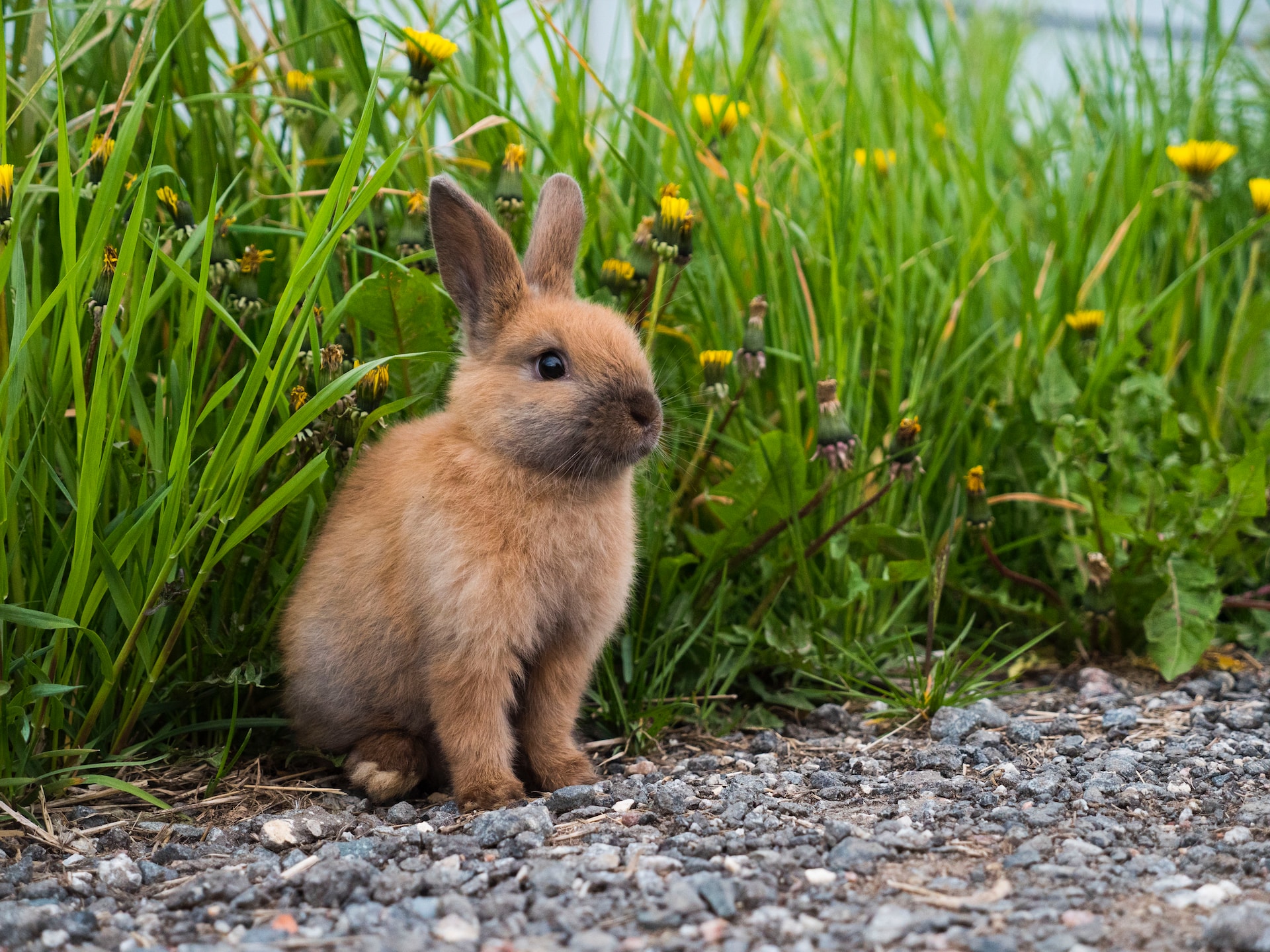Rabbits are popular pets known for their playful, affectionate nature. However, they require specific care to stay happy and healthy. This guide covers essential aspects of rabbit care, from diet to habitat, ensuring your furry friend thrives.
Rabbit Care Guidance

Creating a Safe and Comfortable Habitat
Your rabbit needs a spacious, secure habitat, whether it’s an indoor cage or an outdoor hutch. The space should be large enough for them to move freely, with areas for sleeping, eating, and exercising. Include soft bedding and ensure the habitat is kept clean and dry.
The Importance of a Balanced Diet
A rabbit’s diet should consist mainly of hay, providing the fiber necessary for digestive health. Fresh vegetables like leafy greens and carrots can be given daily, along with a small amount of high-fiber pellets. Avoid sugary fruits and starchy foods, which can cause health issues.
Regular Exercise and Enrichment
Rabbits need regular exercise to prevent obesity and boredom. Safe, supervised playtime outside their cage is essential. Enrichment toys, like chew toys and tunnels, provide mental stimulation and help maintain dental health.
Handling and Social Interaction
Gentle handling is crucial for building trust with your rabbit care. Approach them calmly and support their entire body when picking them up.
Rabbits are social animals and enjoy interaction, but it’s important to recognize their boundaries and avoid stressing them.
Health Care and Grooming
Regular veterinary check-ups are vital for early detection of health issues. Keep an eye out for signs of illness, such as changes in eating habits or behavior. Grooming is also important, especially for long-haired breeds, to prevent matting and hairballs.
Hydration and Litter Training
Always provide fresh, clean water for your rabbit. Many rabbits can be litter trained, which helps maintain a clean habitat. Use a non-toxic, absorbent litter and clean the litter box regularly.
Understanding Rabbit Behavior
Understanding your rabbit’s behavior is key to their well-being. They use various body language cues to communicate. Spend time observing your rabbit to better understand their needs and preferences.
Conclusion
Caring for a rabbit is a rewarding experience, offering years of companionship. By providing the right environment, diet, and care, you ensure your rabbit’s health and happiness. Remember, every rabbit is unique, so tailor your care to their individual needs.

